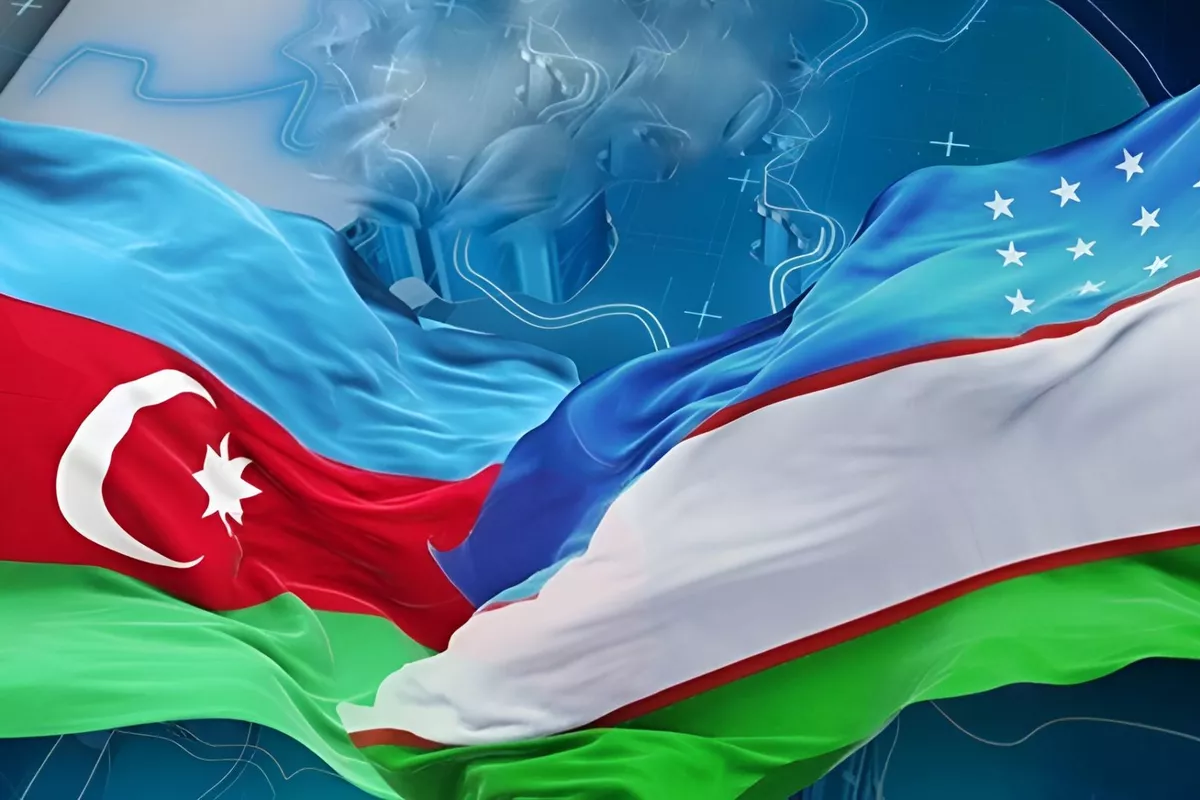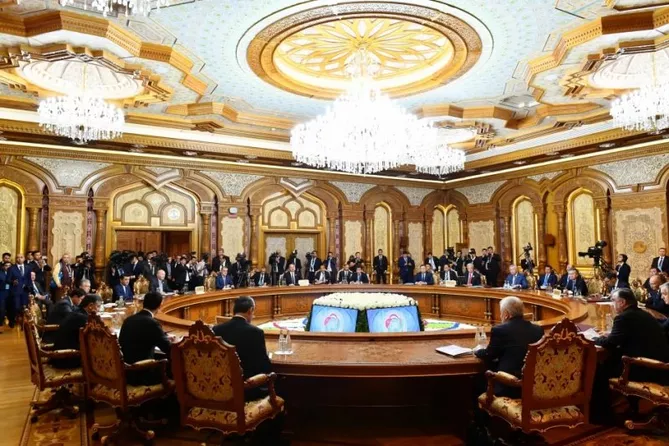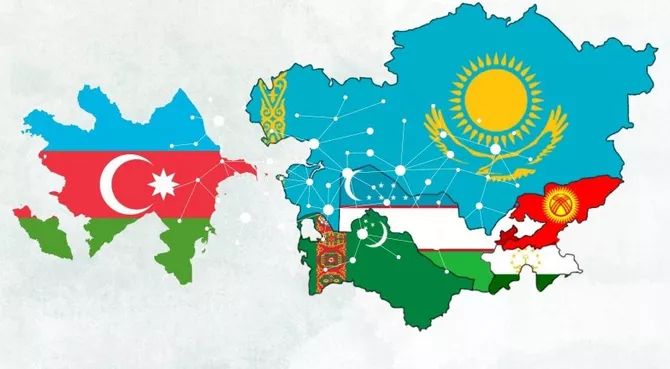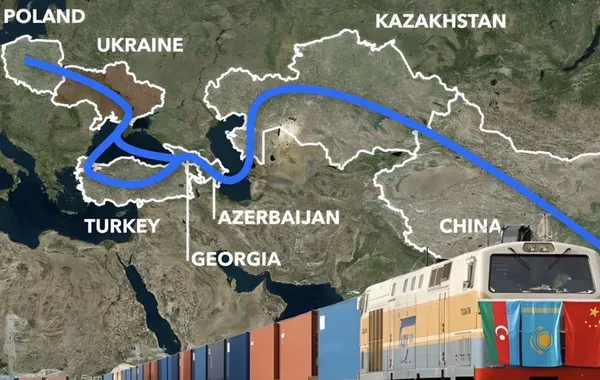
Photo credit: Azernews
Cooperation between Azerbaijan and Uzbekistan has taken on an increasingly comprehensive and strategic character in recent years. In a rapidly changing geopolitical environment and amid growing regional interdependence, Baku and Tashkent demonstrate a high level of engagement rooted in shared historical heritage, political trust, and similar approaches to regional and international agendas.
On November 16, Tashkent will host the 7th Consultative Meeting of the Heads of State of Central Asia. At the invitation of President Shavkat Mirziyoyev, President of Azerbaijan Ilham Aliyev will participate in the meeting.
Ahead of his visit, President Aliyev gave an interview to Uzbekistan’s National Information Agency (UzA), expressing strong confidence in the success of the upcoming Consultative Meeting in Tashkent.
It is noteworthy that Azerbaijan will be participating in this format for the third time. Previously, the Consultative Meetings of Central Asian leaders were considered an exclusive “closed club” of Central Asian states, without access for actors from outside the region. In 2023, Ilham Aliyev was invited as an honorary guest, and in 2024 he attended the meeting as a full participant.

Photo credit: Azernews
The decision to open the platform to Azerbaijan was largely driven by geopolitical shifts in Eurasia following the start of the Russia-Ukraine war and the disruption of established logistics frameworks. For similar reasons, the West increased its focus on resource-rich Central Asia, and it became evident that planning regional connectivity without Azerbaijan was no longer feasible. Transit routes through Russia, China, Iran, or Afghanistan are not acceptable options for the U.S. or Europe, making the emergence of the 5+1 format inevitable.
Discussions are also underway about institutionalizing a C6+1 format, mirroring the platform launched in Washington on November 6. Many had already highlighted the importance of Azerbaijan’s involvement ahead of the Washington meeting.
Thus, the invitation extended to President Aliyev to attend the Tashkent meeting was not unexpected, reflecting the evolution of geopolitical processes across Eurasia over the past three years. During this period, Central Asian leaders have paid nearly 30 visits to Azerbaijan, while President Aliyev has traveled to Central Asian states 13 times.

Photo: Azernews
This dynamic also coincides with expanding cooperation between Azerbaijan and Uzbekistan, the country hosting the current summit.
Economic cooperation between Baku and Tashkent has shown significant progress. Bilateral trade volumes have grown rapidly, while the structure of trade has become more diversified-from oil products and cotton to machinery and food exports. Transport and logistics cooperation holds special importance. Azerbaijan views Uzbekistan as a key partner in Central Asia for expanding the Trans-Caspian International Transport Route (Middle Corridor). In turn, Tashkent is interested in leveraging Azerbaijan’s infrastructure capacity, particularly the Alat Port, as well as the railway and highway networks connecting the Caspian Sea to Europe.
In 2024, bilateral trade reached $252 million, while in the first 10 months of 2025, the figure rose to $319 million, an increase of more than 87%. Both countries are also expanding reciprocal investments: Uzbekistan has invested $21.8 million in Azerbaijan, while Azerbaijani investments in Uzbekistan have reached $183.5 million. Investment cooperation received an additional boost with the creation of the joint Azerbaijan-Uzbekistan Investment Company in 2023, with a total capital of $500 million. Funds from this platform may be directed toward joint projects in both countries, as well as in third markets.
Trade between Uzbekistan, the broader Central Asian region, and Azerbaijan increased by 10% in the first nine months of 2025, reaching $5.5 billion.
Today, nearly 200 bilateral documents form the legal basis for further development of economic cooperation.
Transport and logistics engagement continues to grow. In 2024, the volume of transit cargo between the two countries exceeded 1.3 million tons, marking an increase of more than 18% compared to 2023. In the first nine months of 2025 alone, transit volumes approached 1 million tons.
Energy cooperation also holds strong potential. Uzbekistan imports Azerbaijani oil and petrochemical products. Since 2016, the joint venture Neftegaztexnologiya has operated based on the OZLITINEFTGAZ Institute and SOCAR NIPI Nefteqaz.
Green energy is now a strategic priority. On November 13, 2024, during COP29 in Baku, the presidents of Azerbaijan, Kazakhstan, and Uzbekistan signed the Agreement on Strategic Partnership in the Development and Transmission of Green Energy. The agreement aims to establish corridors for exporting green electricity to European and other international markets and to integrate the energy systems of the participant states.
Uzbekistan has shown strong interest in participating in projects on Azerbaijan’s liberated territories. A secondary school named after Mirzo Ulugbek has already been built in Fuzuli by Uzbekistan. In addition, a textile factory in Khankendi operates as a joint venture between companies from both countries.
Undoubtedly, Azerbaijan and Uzbekistan have many more joint initiatives ahead, just as new opportunities are emerging within the expanding 5+1 regional partnership model.
By Tural Heybatov
Share on social media
